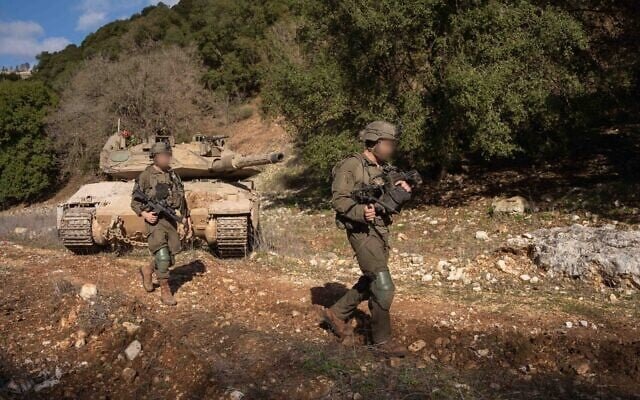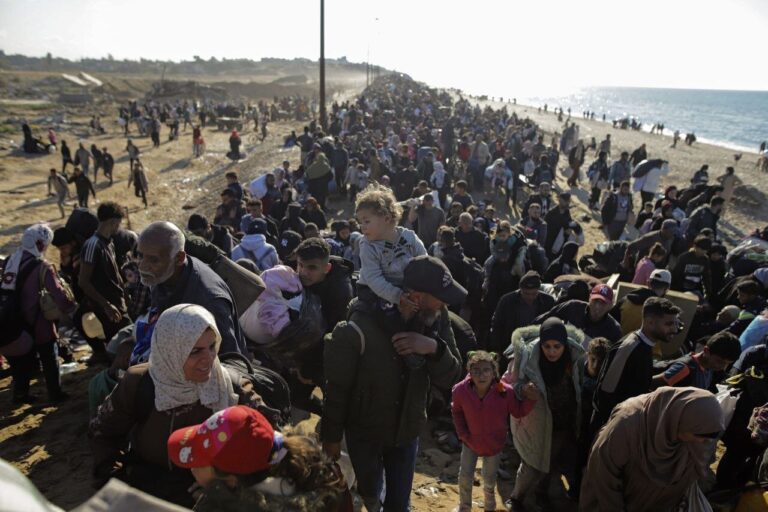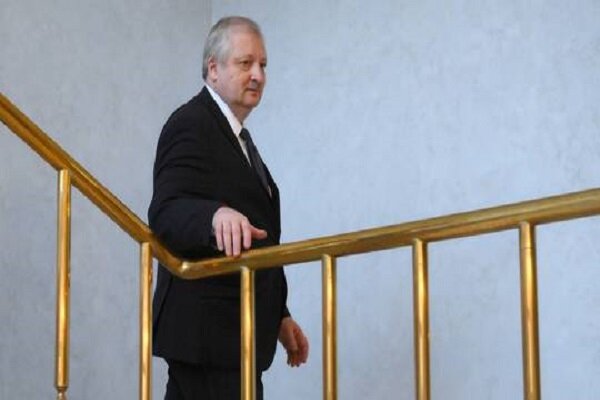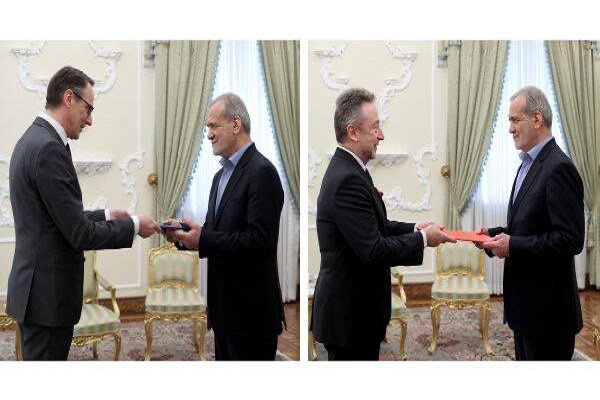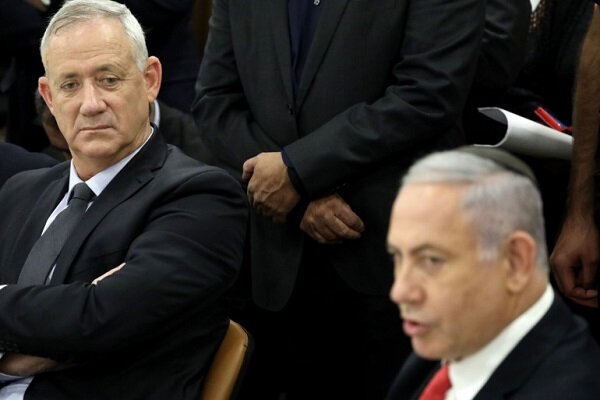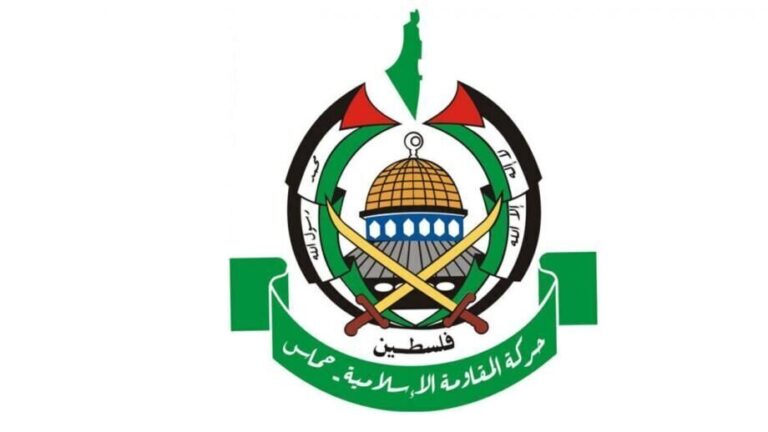Is Israel Set to Withdraw from Occupied Lebanese Villages on February 18?
In a developing situation regarding the ongoing Israeli occupation, recent reports indicate that the Israeli regime plans to postpone its withdrawal from border villages by a week before the scheduled date of February 18. This decision comes amidst a backdrop of escalating violations and destruction in southern Lebanon and the Bekaa Valley, raising concerns about the current state of the truce agreement.
Since November 27 of last year, the Israeli occupation army has reportedly committed a staggering 879 violations of the truce, resulting in the deaths of 67 martyrs and leaving 263 wounded. The ongoing US-led aggression against Lebanon has led to even greater casualties, with Lebanon’s Ministry of Health reporting 4,098 martyrs and 16,888 injuries overall.
During a recent visit, Morgan Ortagus, who serves as a deputy to Stephen Witkoff (the new US envoy to West Asia), communicated to Lebanese officials that “the Israelis will continue to occupy a group of sites.” This occupation will facilitate monitoring of southern Lebanon and provide reassurance to colonial settlers in the northern occupied Palestinian territories.
Ortagus is expected to return to Beirut next Tuesday to further discuss the situation, despite significant opposition from Nabih Berri, the Speaker of Parliament. Berri has previously warned Ortagus about the serious threats posed by the ongoing occupation of five border towns, which he argues is a blatant violation of UN Resolution 1701.
Informed sources have indicated to the Tehran Times that Ortagus may also address the potential deployment of multinational forces along the border with Syria. This move aims to prevent Hezbollah from rebuilding its military capabilities, a plan that is likely to face outright rejection from influential clans in the Bekaa region.
Ortagus’ alignment with the Israeli narrative regarding a supposed “Hezbollah defeat” has gained traction among anti-Hezbollah factions. Before her contentious visit, aides to President Joseph Aoun met with Steven Witkoff in Washington, where they were briefed on the US administration’s strategy to maintain pressure on Hezbollah.
Ortagus’ inflammatory remarks, along with her expression of gratitude to Israel for its actions in Lebanon, embarrassed the Lebanese presidency, prompting a formal disavowal of her statements. This unexpected backlash reportedly frustrated Ortagus, as sources close to US Ambassador to Beirut, Lisa Johnson, noted that such objections to their interference in Lebanese affairs are uncommon.
Berri has consistently expressed skepticism regarding US assurances, particularly towards US General Jasper Jeffers, who oversees the ceasefire agreement’s implementation. Jeffers had informed Lebanese military leaders that “Israel intends to remain in southern Lebanon until next April.” This move aims to ensure that Hezbollah’s capacity to initiate attacks is thoroughly diminished, as reported by the Hebrew channel Kan.
Furthermore, Channel 12 has disclosed that Israeli Prime Minister Benjamin Netanyahu provided US President Donald Trump with evidence suggesting that “the Lebanese army is not deploying effectively.” This ineffectiveness, they argue, allows Hezbollah to reorganize its ranks and prepare to return to the border area once Israeli forces withdraw.
In light of these developments, it appears that Israel is banking on the possibility of Washington agreeing to prolong its military presence in Lebanon. The intention behind this extension is to prevent Hezbollah from regaining strength and influence in the region.
- Key Violations: Since November 27, 879 violations have been reported.
- Casualty Figures: 67 martyrs and 263 wounded due to the violations.
- US Involvement: Morgan Ortagus’ visit highlights ongoing US support for Israeli actions.
- Lebanese Concerns: Speaker Nabih Berri’s repeated warnings about continued occupation violations.
- Multinational Forces: Potential deployment aimed at curbing Hezbollah’s military capabilities.
- US Strategy: Pressure on Hezbollah remains a central focus for the US administration.
As the situation continues to unfold, the implications for regional stability and security remain uncertain. Observers will be closely monitoring how the Lebanese government responds to these developments and the potential impact on Hezbollah’s activities in the area.
